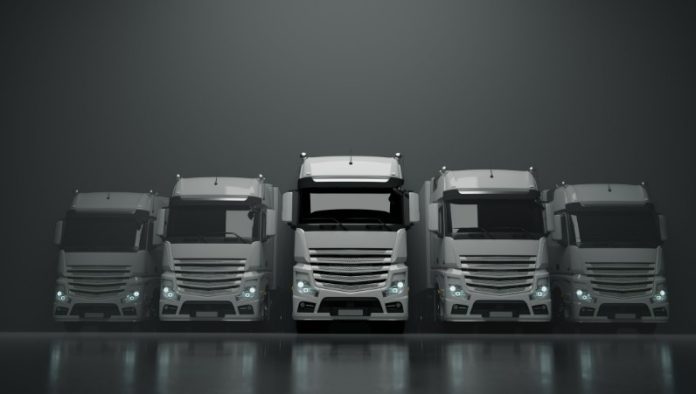The steep increase in brent crude highlights expenses related to skyrocketing fleet operations and fuel consumption associated with DERV diesel fuel use. HGV road vehicles use DERV diesel fuel, and fuel efficiency is now more important than ever before.
In addition, there are innumerable expenses that all hinge on economic factors directly impacted by unprecedented global inflation rates.

It has never been more important to cut costs and streamline operational budgets. However, in the current and future economy, a company can easily succumb to the economic landmines left in the wake of events in recent years.
Preparedness is key, and minimizing expenses across the board will be the difference that makes or breaks businesses in all industries. For many industries, fleet operations are the linchpin of their operations. So it stands to reason that this is the first place we must look at when minimizing operation costs.
Ways To Minimize Fleet Operation Costs
1. Retire Redundant Vehicles
If you have a surplus of any given vehicle type, it can seem convenient to keep extra vehicles for any potential logistical overlap or crisis. However, one rarely factors in the secondary operational expenses of operating additional vehicles.
Even though you can balance the difference in fuel costs across two or three vehicles performing the same tasks, the general upkeep remains triple what you would have on one vehicle.
Should you prefer to keep redundant vehicles as company assets that also serve as backup vehicles, consider offering the vehicle for short-term leasing when it is not in use.
2. Be Vigilant With Maintenance
Maintenance is an expense. That’s how we write it up, reflecting how we feel about it in ledgers. Vehicle maintenance is a cost-saving expenditure, hence a best investment. We should see it as an expense.

A well-maintained fleet can save money in fuel. Keeping your vehicles’ tires maintained and at the right pressure cuts fuel costs considerably without the savings in breakdown-related expenses, including towing costs, repairs, and retrieval.
3. Driver Training And Performance Appraisal
We know that the way we drive our cars affects our mileage. Of course, the same is true of any industrial or other heavy vehicles. But, unfortunately, your employees might not take as much care as they could regarding fuel-efficient driving techniques.
It’s not their money spent on fuel, after all. So, while it would be unethical to implement penalties for minor overspending, it is perfectly reasonable to offer incentives for meeting efficiency targets.
Then there is whether your drivers know the many ways to improve fuel efficiency. Again, training programs can help your drivers understand and use numerous techniques to cut fuel costs across your fleet.
In addition, you may consider installing smart tech like GPS vehicle trackers to monitor driver locations, speed, etc.
4. Rethink Load Logistics
The more you can load on a single truck, the more profitable journey, no? However, a power to fuel efficiency ratio offers diminishing returns past a certain weight. So, the net weight cost is higher.

Generally speaking, if you aren’t hauling pure gold, there is a point where you lose profits to higher fuel consumption. It may require consulting a logistics expert to ensure that you are not running a loss, but it is worth it in long-term efficiency.



































